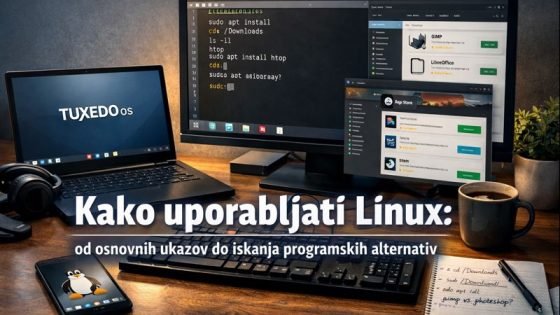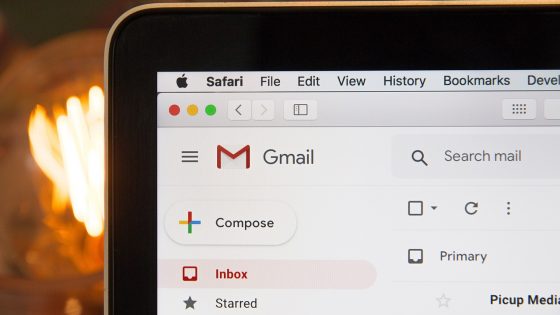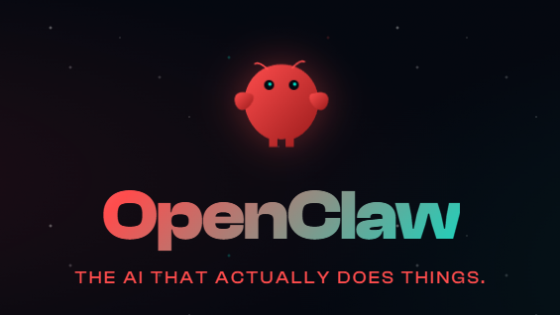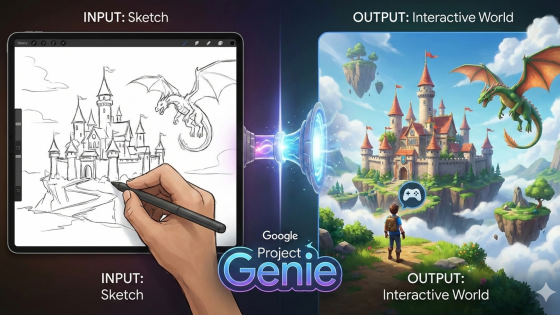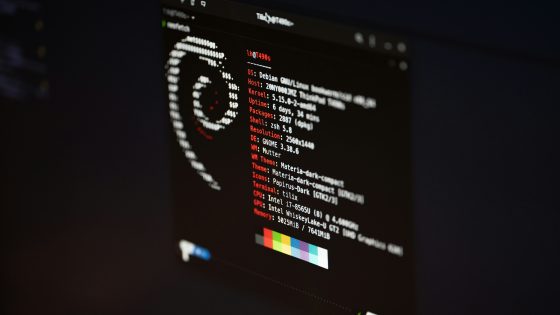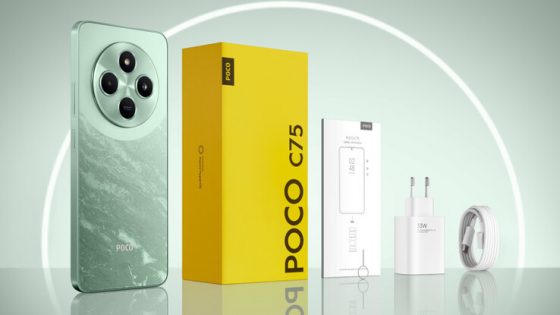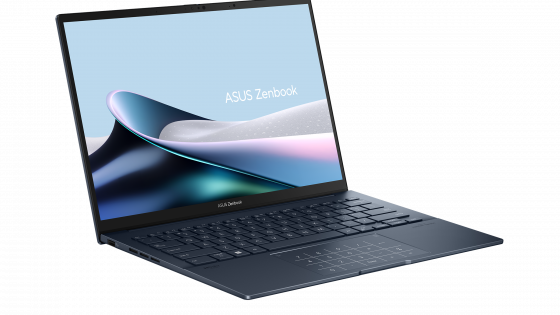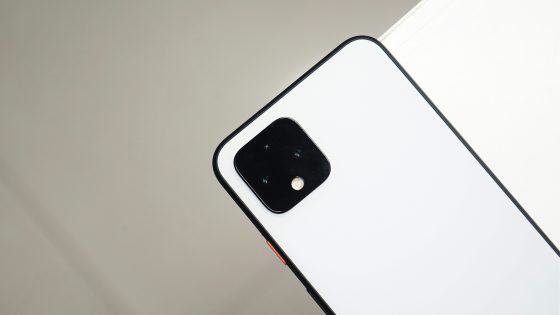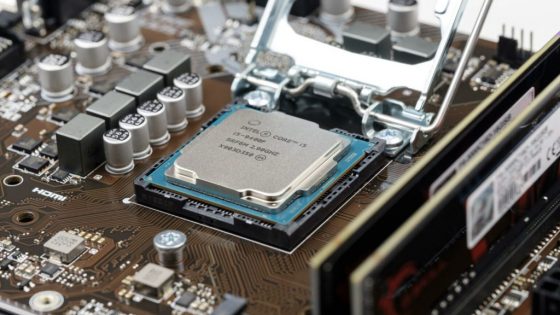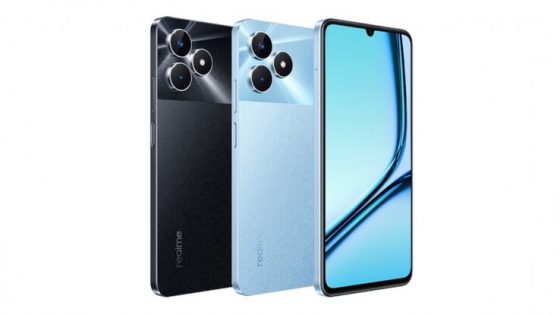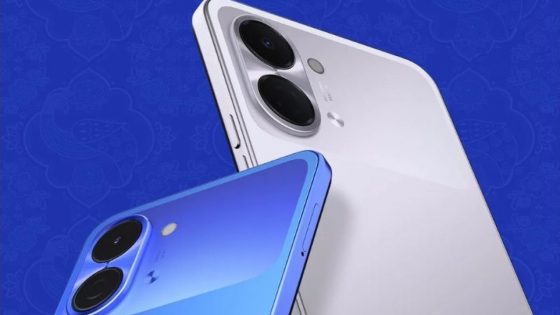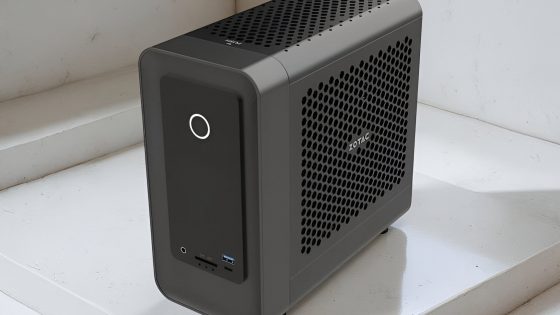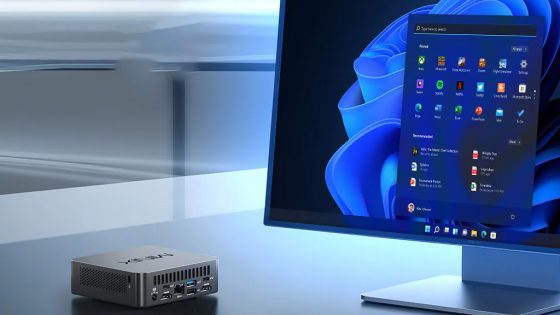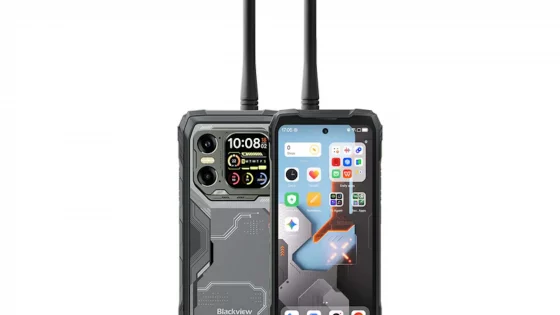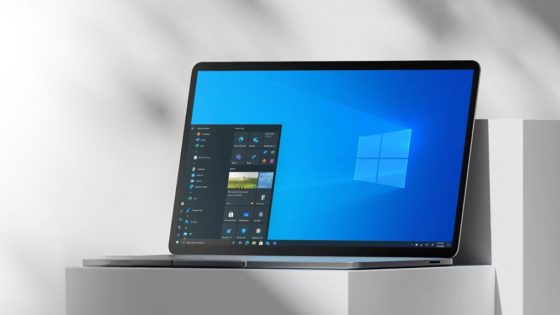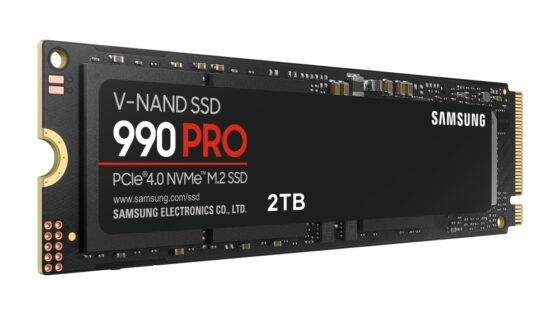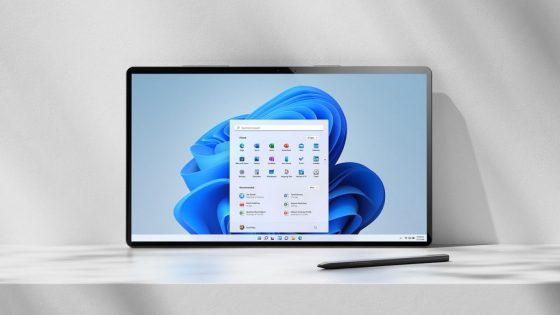Europe, here is Claude, the great rival of ChatGPT
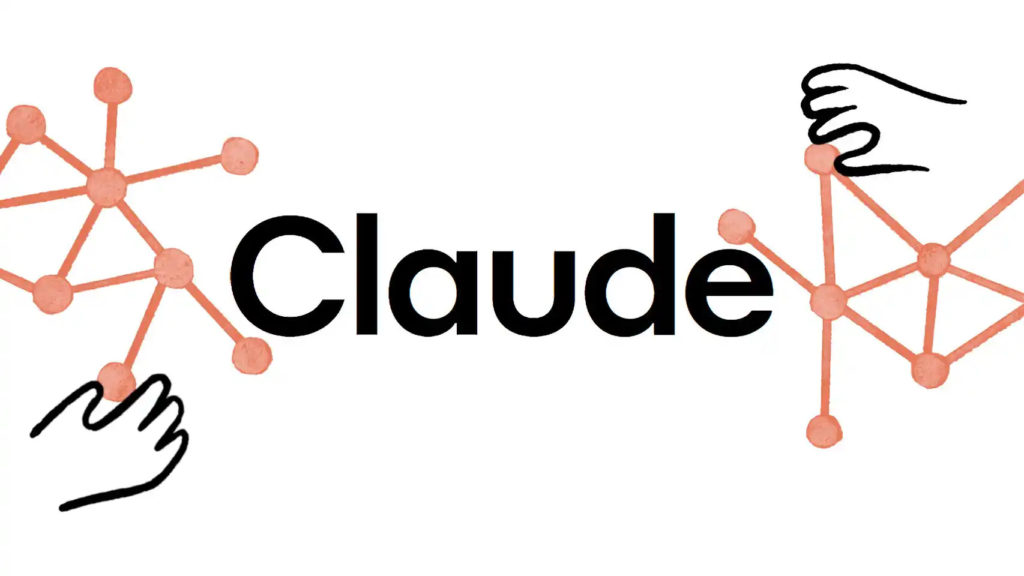
It's true that OpenAI had a major say in the advent of generative artificial intelligence with ChatGPT, but there are other players in the market who have quickly become synonymous with the hottest technology at the moment. When Anthropic, a startup heavily backed by Amazon, introduced its first large language model, Claude 3, in March this year, we European users were disappointed because it was not yet available for use in our country.
On May 14, one of the main rivals of ChatGPT also came to us (the API was already available for developers a few months earlier).
The main thing we can say after less than an hour of testing is that it's fast. Really fast. First impressions are that Claude is more thorough in many of its responses, even when compared to the paid version of ChatGPT. It also seems more... human? And not just because Claude starts the first contact by asking the user by name and saying he's glad to meet them.
While it's still fairly easy to tell when a text is written by ChatGPT, we're not entirely sure if the same can be said for Cloud. This fact is both impressive and alarming.
The current “Claude family” consists of three versions – Opus, Sonnet and Haiku. Opus is Anthropic’s “most intelligent” model. According to developer dataIt outperforms its competitors in most benchmarks for artificially intelligent systems.
Claude is currently available through the Claude.ai website, an iOS app, and a special group plan for business users. As free users, we initially have access to the Sonnet version, but it has a daily usage limit. Opus is available with a Pro subscription that costs 18 euros plus tax.
Claude claims to “understand and speak French, German, Italian, Spanish, and other European languages fluently.” However, when asked, he says he is not fluent in Slovenian. However, he occasionally writes – in Slovenian – that he can offer us simpler answers in Slovenian, but that more complex topics would be easier to discuss in English. This illustrates one of the reasons why training large language models on data from less widely used languages is extremely important for all regions.
Claude is not multimodal, which means it is not capable of generating images like, say, OpenAI's DALL-E, which is included in the paid version of ChatGPT, among others. But Claude can process and analyze visual inputs.
On the same day that Anthropic released Cloud, OpenAI launched GPT-4o. Both companies are financially supported by technology giants (the first is Amazon and Google, the second is Microsoft). In addition to competing in the classical areas of large language models, Anthropic positions itself as a company committed to the development of secure artificial intelligence solutions.



